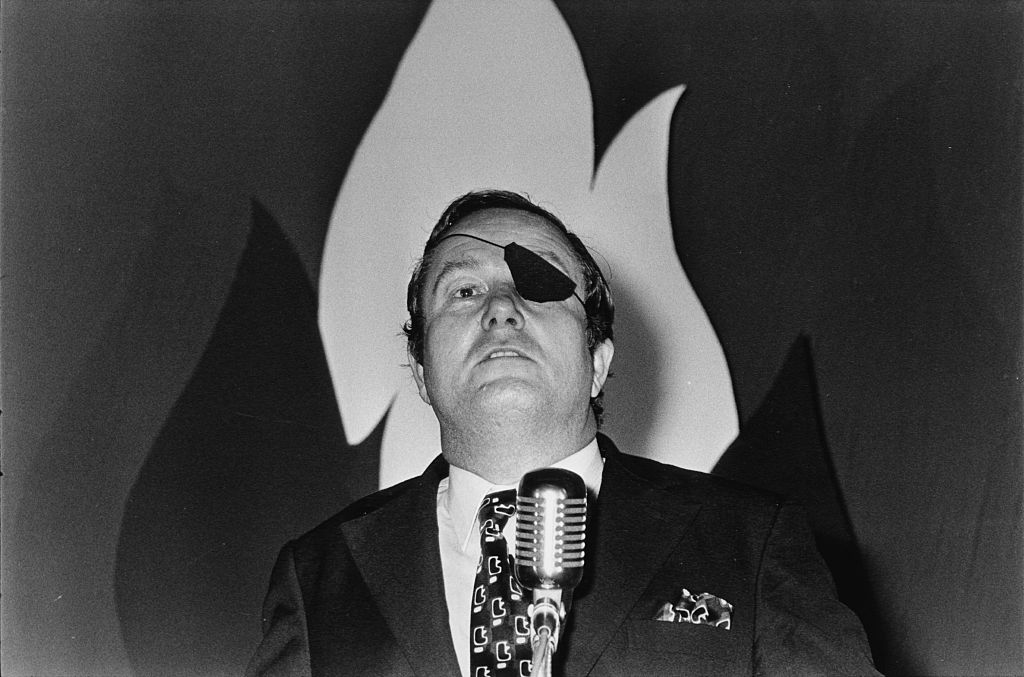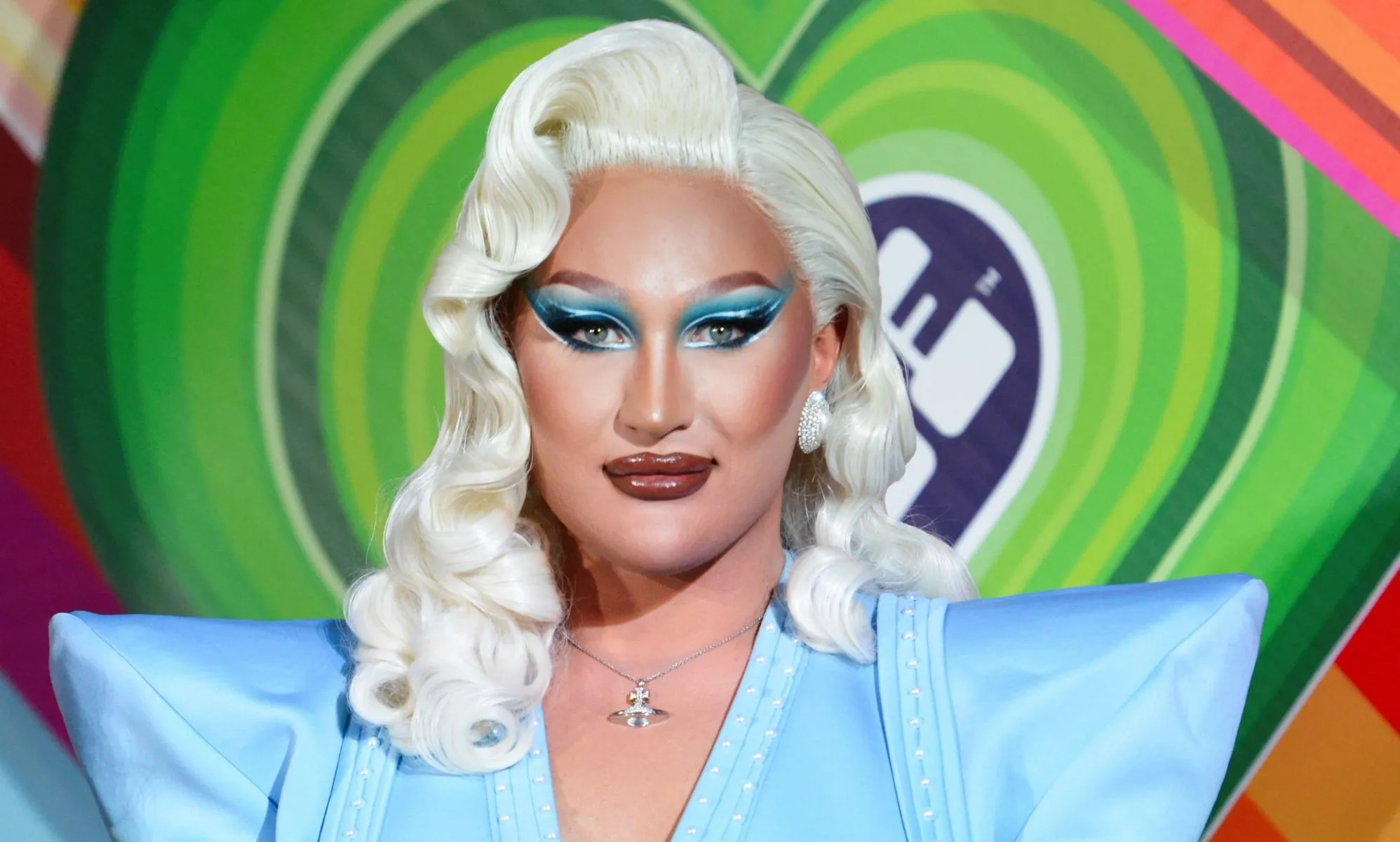Men make up 99 per cent of UK monkeypox cases as total reaches 470
Monkeypox lesions. (UKHSA)
UK monkeypox cases have now reached 470, with men making up 99 per cent of all confirmed cases.
On Sunday (12 June), UK Health Security Agency (UKHSA) announced that a further 104 cases of monkeypox had been confirmed in England, bringing the UK total to 470.
There are currently 452 confirmed cases of the virus in England, 12 in Scotland, two in Northern Ireland and four in Wales.
The UKHSA released its first technical briefing on monkeypox on Friday (10 June), including epidemiological data collected through interviews with people with confirmed cases of monkeypox.
The agency said that 99 per cent of UK cases were male, the average age was 38 years old, and of cases in England, 81 per cent were London residents.
Of the 152 people who completed more detailed questionnaires, all but one said they were gay or bisexual men, or men who have sex with men. Just 22 per cent reported recent travel outside of the UK.
Some survey participants agreed to be reinterviewed specifically about their sexual health, and the UKHSA found that 98 per cent of confirmed cases had had sex with men during the monkeypox incubation period.
Group sex during the incubation period was reported by 44 per cent of respondents, and the same proportion had had more than 10 sexual partners within the last three months.
There was evidence of the virus spreading in sexual networks both within the UK and abroad, as one in five confirmed cases had had sex in another country during the incubation period, and 30 per cent had done the same in another city.
Dr Meera Chand, UKHSA’s director of clinical and emerging infections, said: “We are working, both in the UK and together with global partners, to progress the investigations that we need to help us better understand the virus, its transmission and the best use of mitigations such as vaccines and treatments.
“We use the new data rapidly to inform the public health response and we continue to work to reduce transmission.
“We are grateful to all those who have come forward for testing and the patients who continue to help us understand the outbreak through participating in studies and investigations.”
Though monkeypox is being detected primarily in queer men, anybody can acquire the virus.
Officials, health advocates and people who have contracted monkeypox have all spoken out against anti-gay stigma surrounding the outbreak.
Mateo Prochazka, an infectious disease epidemiologist with the UKHSA, told PInkNews: “Transmission is not exclusive to gay and bisexual men, it just happens that it has entered this network.”
The WHO considers renaming monkeypox to combat stigma and racism
The World Health Organization (WHO) is considering renaming the monkeypox virus, as its current name is contributing to stigma and racism.
WHO guidelines discourage naming viruses after geographical regions, animals, or people, and a spokesperson told Bloomberg on Monday (13 June) that the organisation was evaluating an official name change.
Last week, a group of scientists released a position paper calling for a “neutral”, “non-discriminatory and non-stigmatising classification of monkeypox”.
This, they said, will “minimise negative impacts on nations, economies and people and consider the evolution and spread of the virus”.






